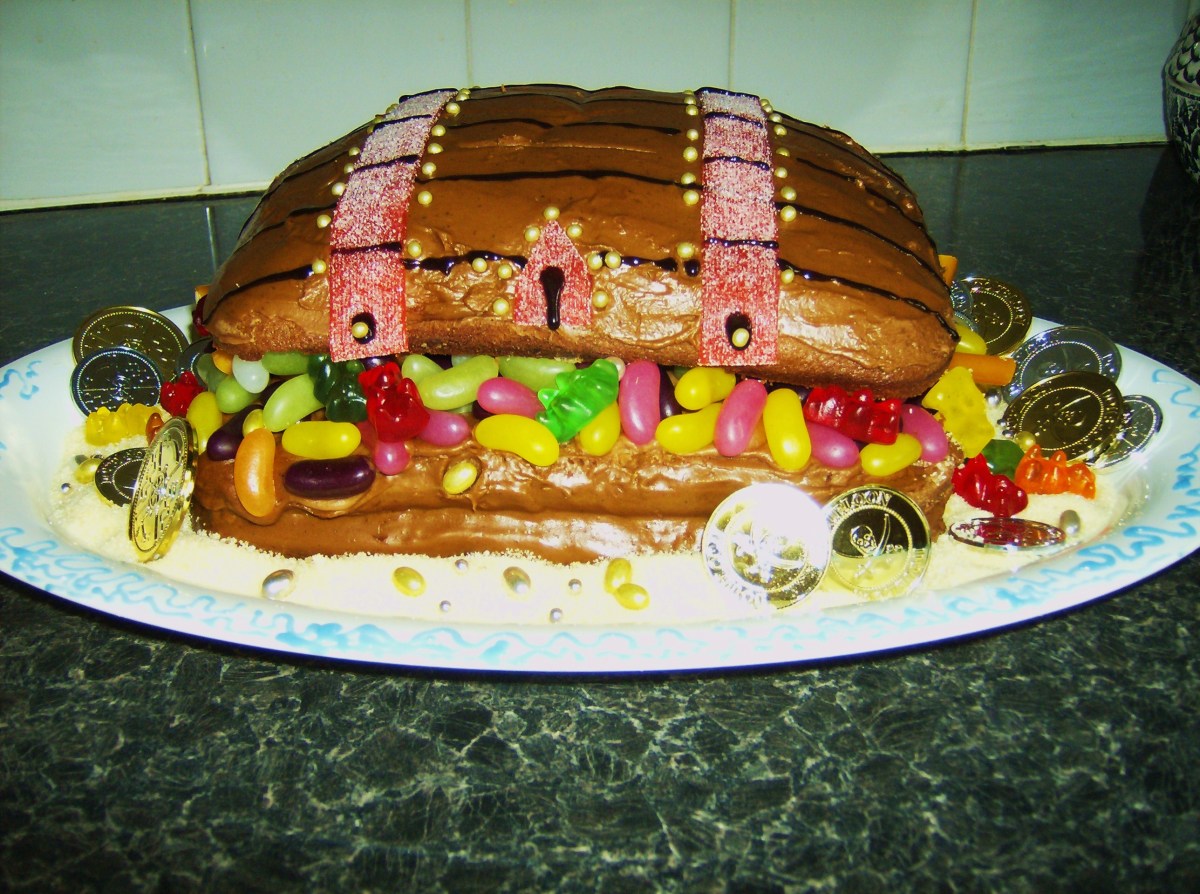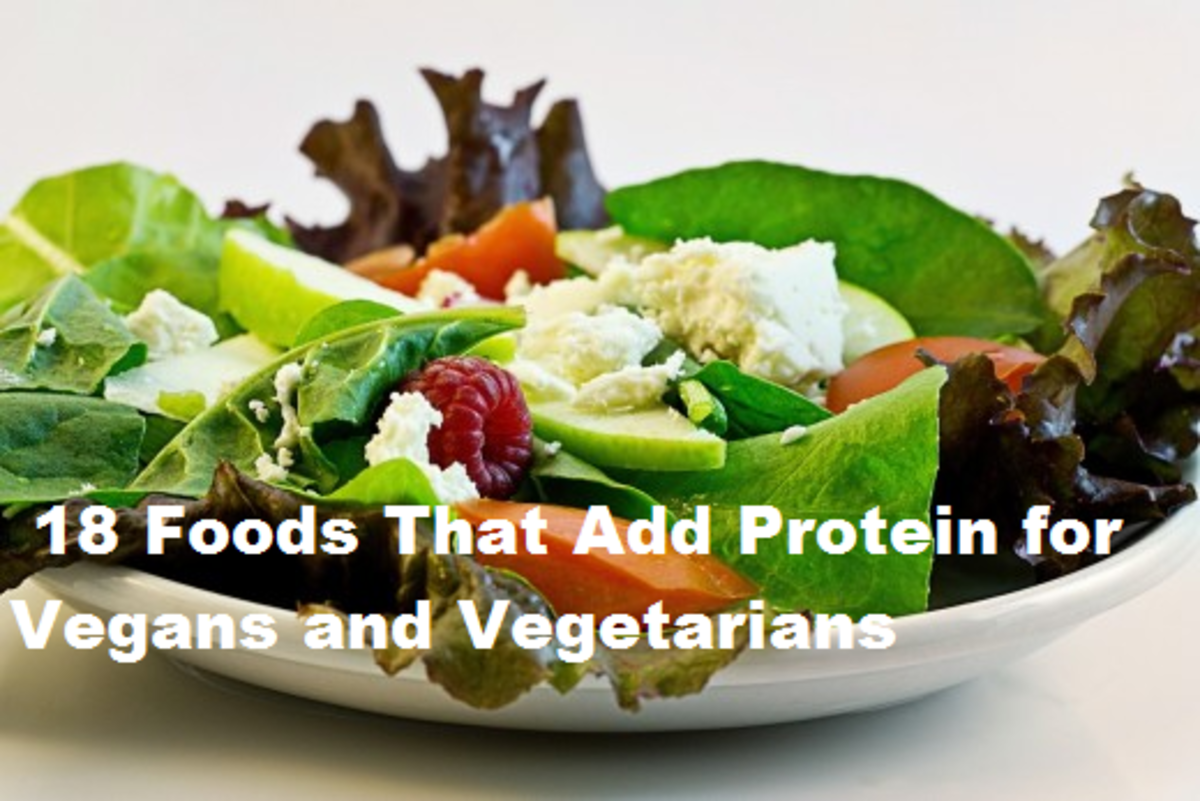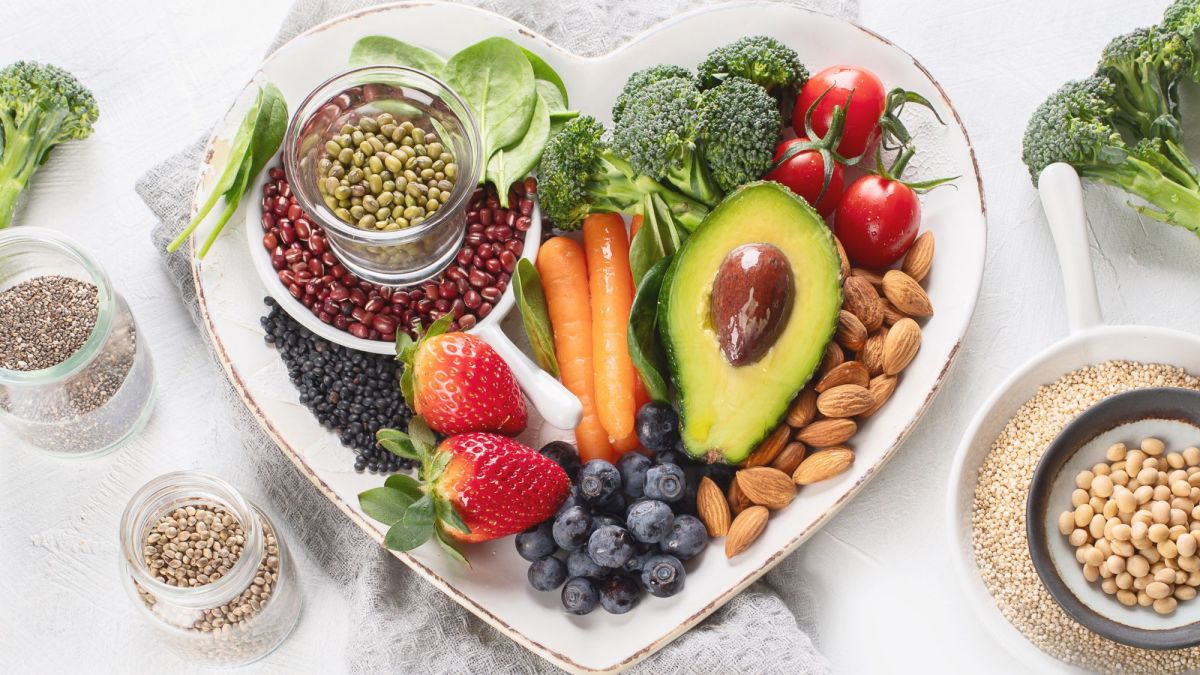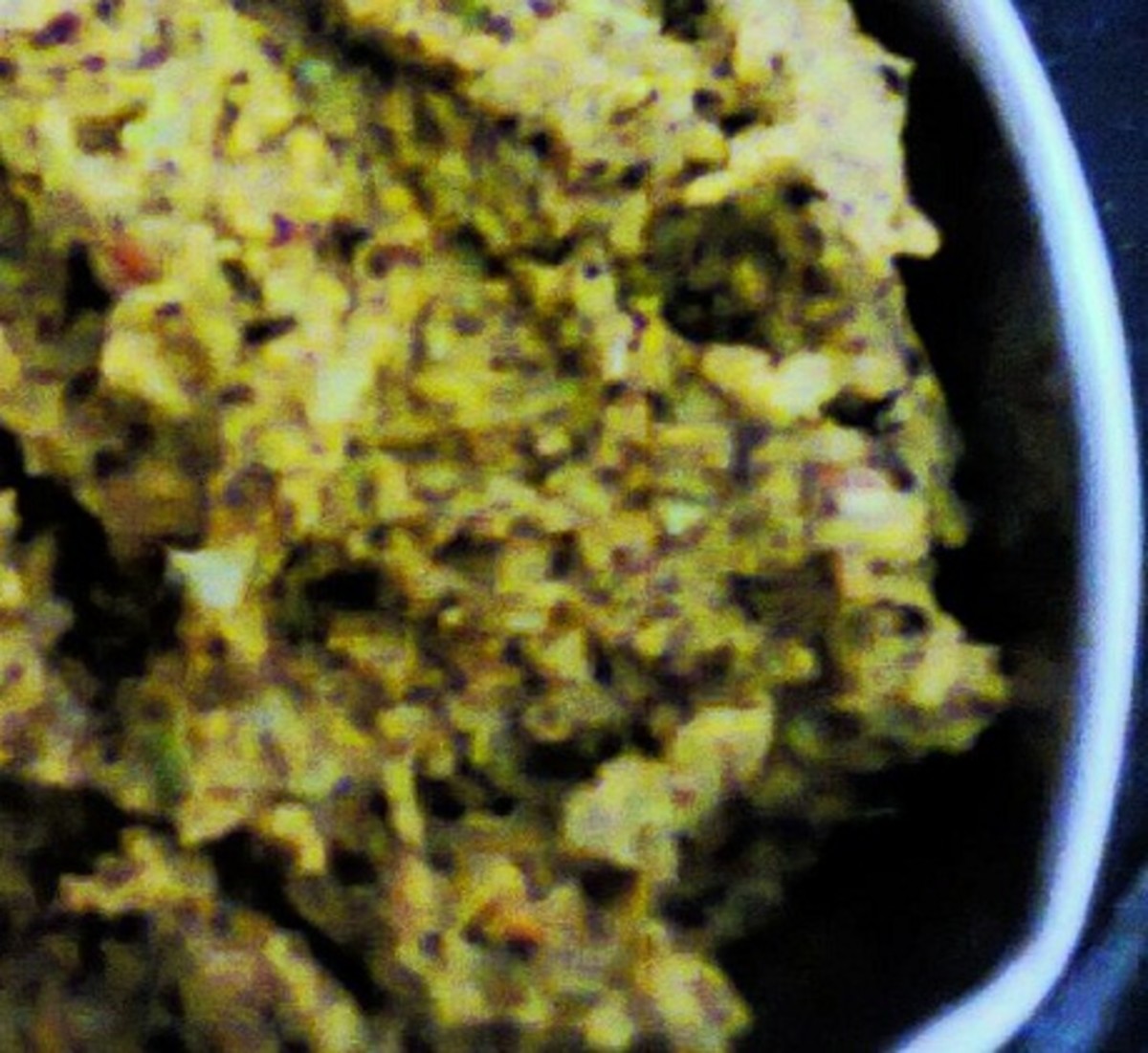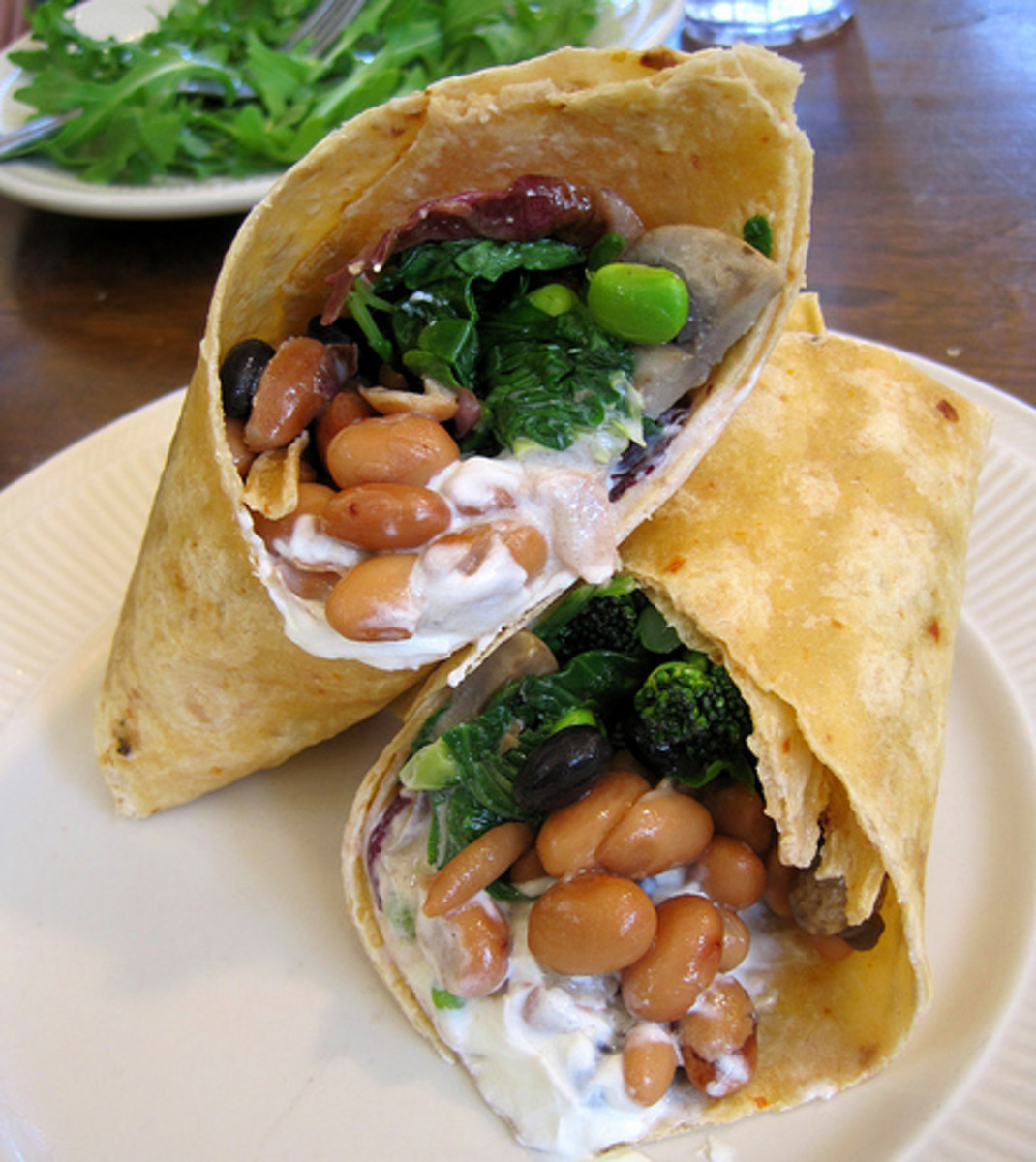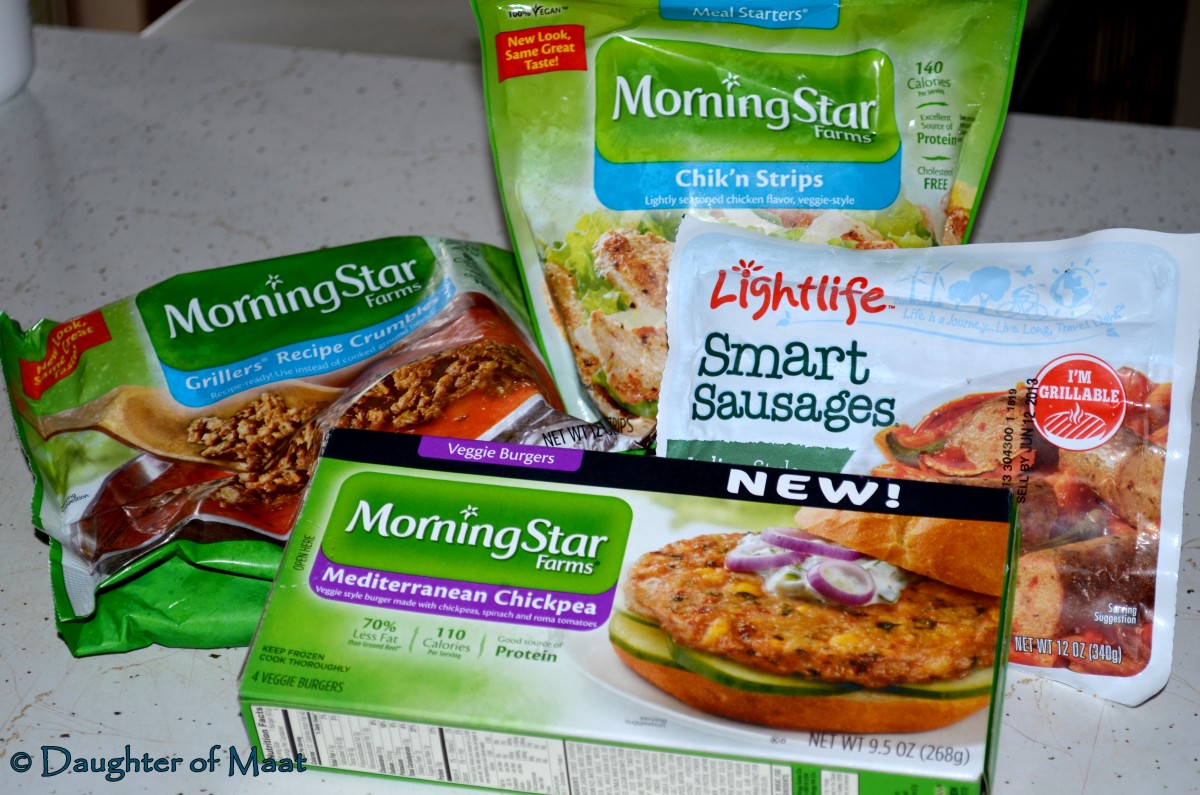Vegan Parenting

Advice for Raising Vegan Children
Parenting is an enormous topic, and this article focuses on only a few issues that are of particular interest to vegan families.
Raising vegan kids involves special considerations. We want to make sure our children have a social network that includes other vegans. We need to work with teachers and caregivers to ensure that the vegan diet is being maintained when we aren't present. Our kids must be supported nutritionally. We have to engage our children to think critically about our world so they understand why we choose to not eat meat and other animal products.

Working with Your Pediatrician
Be prepared to discuss vegan nutrition
One of the first issues you may face as a vegan parent is nutrition - specifically, your pediatrician expressing concern that your child is not getting an adequate amount of protein or calcium.
To ease the pediatrician's mind, you should be prepared to rattle off a list of protein sources that your child eats (or will eat, if they haven't started solids yet), such as soy products/tofu, wheat gluten, beans, nuts, seeds, and quinoa.
Also point out that soymilks are fortified with calcium and vitamin D and that healthy breakfast cereals also supply important vitamins and minerals, including B-12.
If your child is nursing, stress that you are maintaining a healthy diet and meeting you child's nutritional needs that way.
The first pediatrician I had was an excellent doctor. He brought up his concerns about my son's diet, then openly admitted that he was not very knowledgeable about veganism. We agreed that, if it seemed prudent, I would take my son to see a nutritionist to make sure his diet was meeting his needs. I thought this was a great idea, since it took the pediatrician and the parent out of any sort of conflict. By placing the nutrition issue in the hands of an expert, the pediatrician can focus on their own specialty.
By the way, pediatricians and family practice doctors receive hardly any training in nutrition during their many years of school. It is an honest doctor who will refer a patient to an expert for any concerns about nutrition.
Before making an appointment to see a nutritionist, it is critical to confirm that they have a solid understanding of vegan nutrition and will be supportive of your diet. This does not necessarily mean that they themselves are vegan, only that they view a vegan diet as being a healthy and valid option and that they will work with you to ensure that you are meeting your and your child's nutritional needs.
These are two websites with extensive information about vegan nutrition.
- The Vegetarian Resource Group
VRG has lots of information of interest to vegans. - Happy Cow
Happy Cow is an excellent resource for vegan information.

Discussions with Extended Family
The pediatrician may not be the only one who expresses concerns about the health implications of a vegan diet! Well-meaning family and friends may also question your decision to raise your children as vegans.
As with the pediatrician, you'll want to explain the health benefits of a vegan diet for children, assure your family that you understand the importance of a healthy diet, provide resources for them to learn more about vegan nutrition, and let them know that you will be working with the pediatrician (and a nutritionist, if necessary) to ensure that your child will be a healthy vegan.
Should your family members escalate the issue and insist that a vegan diet is unhealthy, respectfully but firmly tell them that you appreciate their concern but that they are overstepping their boundaries. This is a choice that you are making as a parent, and you expect them to respect your well-informed decision, just as you respect their right to make their own choices. Ask them if they read the information you gave them about vegan nutrition for children and if they have any further questions. Often, it is fear and lack of information that lead to conflict, so if you can address these issues, it will go a long way in resolving the situation.
Follow Vegan Journey on Pinterest and Facebook!
- Vegan Journey on Pinterest
Stop in for information and inspiration! Pins for lots of recipes, vegan living information, and tips and tricks. - Vegan Journey on Facebook
"Like" the Vegan Journey Facebook for occasional posts of recipes and information about vegan living. - Vegan Journey
Here are links to my numerous articles about vegan living. I've divided them into several categories: Getting Started, Family and Community, and Recipes. I've also included links to other websites.
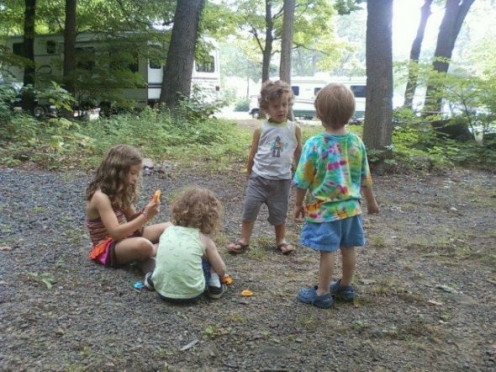
Vegan Playgroups - A great way to support your vegan children
You may want to find or create a vegan playgroup to give your vegan children a sense of belonging when it comes to their diet.
Your kids may be the only vegans in their school or family or neighborhood. But by getting together on a regular basis with other vegan families, the kids know that they are not the only vegans in the world. There is inherent support for the vegan lifestyle, along with all of the other benefits that come with being a part of a playgroup.
When You Outgrow Playgroups
As the kids in our playgroup got a bit older, I realized our group would soon have to evolve or disband. With kids starting kindergarten and moms going back to school or back to work, it was apparent that fewer and fewer families would be able to attend weekday morning get-togethers.
Our playgroup decided to become a "family activity group." We plan one "official" activity a month on a weekend. These are free or low-cost events, such as hikes, playground outings, and potlucks. In addition, we have things like birthday and Halloween parties. Members will also let each other know if there are other local or regional events that may be of interest to the group.
This family activity group can grow with our kids and meet the changing needs of our families. Seeing each other on a regular basis maintains the norm of the vegan lifestyle for the kids while providing opportunities to get out and have fun.
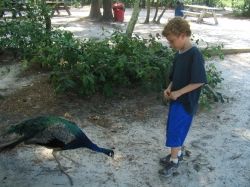
Talking with Kids About Being Vegan
Discussing veganism with children can be tricky. While we want our kids to understand animal cruelty, we certainly don't want to traumatize them with graphic details of the reality of the meat, dairy, and egg industries.
My all-time favorite line to use is "Killing animals for food is sad and unnecessary." This is a simple, clear message that is also useful for vegan kids to help explain their diet to their omnivorous peers.
It is important to maintain discussions at age-appropriate levels. All kids love animals, so even very young children will readily agree that they don't want to hurt animals. And they can understand that eating animals hurts the animals and that the animals don't want to be eaten.
If you have the opportunity, it's a good idea to take kids to see animals in rescue shelters or sanctuaries. (Most vegans choose to avoid standard zoos out of concern for exploiting animals.) If you can't see live animals, you might want to show your kids nature videos featuring animals in their natural habitats.
I have always used a respectful tone to address why many other people choose to eat animals. We talk about how we all have to decide for ourselves how to live our lives. We think about why people have different opinions about eating animals. We talk about how most people were raised to believe in the benefits of eating meat and that most people don't really know that much about how to be vegan. I make it clear that we love and respect all of our family members and others who are not vegan, that their households have made different choices than ours.
As kids get older, they are able to understand more and more about veganism and about the rest of the world. Help them build connections between veganism and issues of animal cruelty, health and nutrition, world hunger, and the environment.
Good Reads for Vegan Kids
- Some Good Books for Vegan Children
It's important to share books with vegan children that support the vegan lifestyle. I've found a handful of books that have delighted my children at various reading levels.

Working with Teachers and Caregivers
Set the tone for a positive relationship
One major task in raising vegan children is enlisting support from their school, daycare, camp, and/or caretakers. My personal experience has been very pleasant when discussing my children's vegan diet with their teachers and camp counselors.
The single most important key to success in working with teachers is your attitude. Teachers appreciate parents who work with them as allies. If you approach the school in a friendly, helpful, non-threatening manner, your children will have an easier time, both in terms of their vegan diet and with other aspects of their experience in school.
Ideally, you'll be able to have a face-to-face discussion with your child's teacher (or caretaker or camp counselor). Explain to them that you are vegan and what that means. Take care to present yourself as being friendly and respectful, since some people get defensive around vegetarians and vegans. They may feel like they are being negatively judged for eating meat or are reacting to having met a "holier than thou" or militant vegan in the past. It's okay to be passionate in your convictions, but alienating others with a negative or disrespectful attitude will not serve you or your cause well.
Make it clear that, while you would like the teacher's support, you have no intention of making their job more difficult. You will supply your child with snacks and lunch, unless the school or program provides vegan food.
The nursery school my sons attended provided snacks for the children. The director of the school was happy to allow me to look at their snacks and make a list of which ones were vegan and which were not. I then shared this list with my sons' teachers so that they would know which snacks my sons could eat. (I usually sent my sons in with their own snacks, which were healthier than those offered by the school.)
Your positive, cooperative attitude will lay the groundwork for a supportive relationship with your child's teacher -- both in terms of the vegan diet and other school-related issues.
Cupcakes Make Everything Better!
My sons' nursery and elementary schools have been very happy to allow me to bring in a container of vegan cupcakes to store in their freezer. This is a fantastic system because my sons can easily have a cupcake in the event of a birthday or other celebration for which I might not have advanced notice. The teachers appreciate that this is a simple arrangement, since cupcakes thaw very quickly and do not require much work on their part.
Cupcakes!

Easing the Teacher's Mind
If the teacher seems anxious about doing their part in supporting your child's vegan diet at school, it might help to reassure them that you just want them to do their best.
One of the elementary school teachers seemed particularly relieved when I told her that neither she nor my son would be "in trouble" if she made a mistake, that I just wanted her to make an honest effort and that she was welcome to contact me with any questions or concerns during the school year. This teacher was a delight and actually went above and beyond what I would consider necessary in making sure that my son had a vegan version of any food she provided to her class for special occasions or projects.
I think my friendly, matter-of-fact approach has worked well. It makes teachers and other caregivers feel less anxious and more invested in working with me and supporting our vegan lifestyle.
Put It in Writing
Every year, I give the teachers and camp counselors a sheet that has information about what a vegan diet is, including a list of non-vegan foods and ingredients.
In this letter I also ask them to let me know about any upcoming special occasions or activities that involve food so that I can send my son in with a vegan alternative, if necessary.
This sheet is another good indication that I want to work with the teacher, not have her do a lot of extra work in order to accommodate my chosen lifestyle.
My Standard Letter to Teachers and Camp Counseors
Feel free to copy, paste, and edit this for yourself!
CHILD'S NAME's Vegan Diet
We have a vegan diet, which means we do not consume any animal products. This includes meat from animals (beef, chicken, pork, fish, etc.) as well as other products derived from animals, such as eggs, dairy, and honey.
Please let me know ahead of time if there are days planned to include special food (cupcakes, ice cream, cookies, pizza, etc.) so that I can send CHILD'S NAME to SCHOOL/CAMP with a vegan version of that food.
If CHILD'S NAME shows an interest in a non-vegan food, just let HIM/HER know that it has animal ingredients in it and is not vegan.
I invite you to contact me by phone or email if you have any questions or concerns.
Thank you for your support in maintaining CHILD'S NAME's vegan diet at SCHOOL/SUMMER CAMP. I certainly appreciate your efforts!
Sincerely,
YOUR NAME
YOUR PHONE NUMBER
YOUR EMAIL ADDRESS
The following is a partial list of animal-derived ingredients that are NOT acceptable for a vegan diet:
milk, buttermilk, milk fat, milk protein, whey, casein, caseinate, cheese, yogurt, honey, Jell-O, gelatin, eggs, egg whites, egg yolks, egg beaters, lard, marshmallows
Pack a Lunchbox
I strongly feel that packing a lunch to bring to school (and to work, for that matter!) is much healthier than eating food from the school cafeteria. This is not just a vegan issue, since school lunches - even those listed as being healthy - are usually pretty disturbing. When you pack a lunch (or the kids pack their own), you know they have "real" food to eat for lunch. A good lunch means kids are being supported nutritionally to learn and perform well in school.
There have been a lot of reports that school lunch periods are too short for kids to properly eat. This situation is exacerbated when kids have to wait in a long lunch line instead of taking their lunchboxes directly to the table.
I am particularly fond of the Bento-style lunchbox!

My Philosophy
When our kids are young, we are able to choose a vegan lifestyle for them. As they get older, they will choose for themselves if this is the path they want to follow.
It is important to support our children in our decision to be vegan. By introducing them to vegan peers and helping to maintain those friendships, we "normalize" the vegan lifestyle for them. Working with caregivers and teachers provides allies who will help to maintain our kids' vegan diets in our absence. Being willing to provide special foods for special occasions at school or summer camp lets our kids know that being vegan does not mean they lose out on celebrations or that they don't get treats like the other kids. Packing lunches to bring to school is critical in supporting our children nutritionally, making sure that they have not only a vegan diet, but a healthy vegan diet. Having age-appropriate discussions about veganism encourages kids to think critically and understand the reasons we have for being vegan.
Taking these steps not only helps to ensure that our kids are being supported in their vegan diet today, it also teaches them how to navigate through the world in a way that takes the challenges to veganism in stride. This can lay the groundwork for our children to choose a vegan lifestyle for themselves as they get older, when the choice naturally becomes their own.


